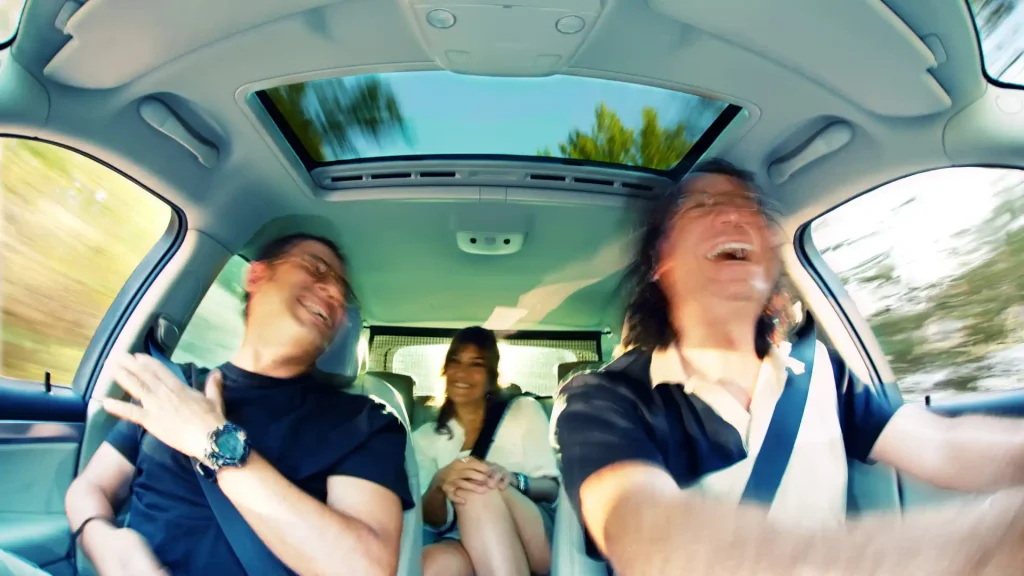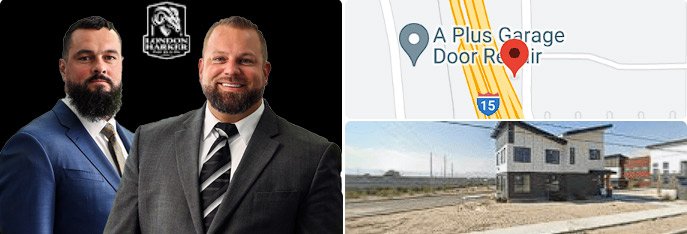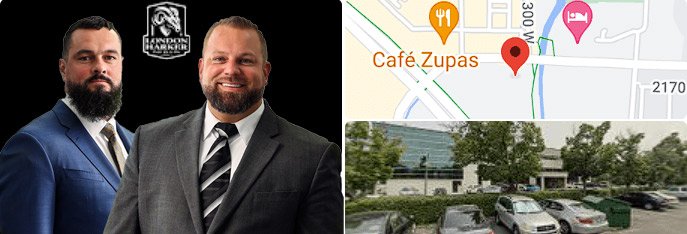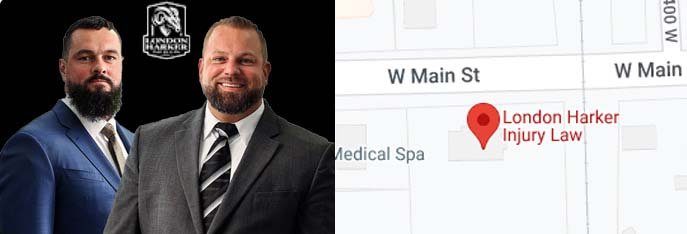Posted on Friday, September 13th, 2024 at 9:00 am
 Being a passenger in a car accident can be a disorienting and stressful experience. If you suffered injuries in a car accident as a passenger, you might be wondering who is responsible for your injuries and who you can file a claim against to recover compensation.
Being a passenger in a car accident can be a disorienting and stressful experience. If you suffered injuries in a car accident as a passenger, you might be wondering who is responsible for your injuries and who you can file a claim against to recover compensation.
In Utah, car accident claims typically involve no-fault insurance, personal injury protection policies, and comparative negligence. However, these aspects of Utah law impact injury claims for passengers slightly differently from claims for drivers.
Understanding the legal rights of passengers after a car accident is crucial when working with a Utah car accident lawyer to pursue the compensation you deserve.
Does Utah Being a No-Fault Car Accident State Impact a Passenger’s Claim?
Utah is a no-fault car accident state, which means each driver’s insurance is responsible for covering their medical expenses and other losses after an accident, regardless of who is at fault.
Since you weren’t one of the drivers involved in the accident, you may think the no-fault system doesn’t apply to you, and that’s partially correct. You won’t file an injury claim with your insurance. However, it does affect which driver’s insurance policy you file a claim with first.
Your initial claim will be with the insurance company of the driver whose car you were in. Then, under certain circumstances, you may be able to file a claim with the insurance companies of any other at-fault parties.
The circumstances that can lead to additional injury claims include suffering losses that exceed the insurance policy limits of the driver whose vehicle you were in or suffering permanent disability or disfigurement.
Can a Passenger File a Personal Injury Protection Policy Claim?
Yes, an injured passenger in a car accident can file a claim under the driver’s personal injury protection (PIP) policy. In fact, this is the policy under which you will file your initial compensation claim.
In Utah, all drivers must have PIP insurance that covers a minimum of $3,000 per vehicle occupant. PIP policies cover various losses suffered by vehicle passengers, including:
- Medical expenses, such as surgeries, hospital stays, treatments, prescription drugs, and rehabilitation
- Lost wages caused by being unable to work while you recover from your injuries
- The cost of hiring someone to perform household services you’re unable to do while recovering from your injuries
- Funeral and burial expenses in the event of a fatality
PIP claims are generally straightforward, but the coverage may not be sufficient for severe injuries. In these cases, you may need to file a claim against the drivers at fault for the accident. If the accident involved multiple vehicles, there may be more than one party you can file suit against, depending on who was at fault.
How Does Comparative Negligence Impact a Passenger’s Claim?
Utah law follows a comparative negligence rule for all personal injury claims, including those arising from car accidents. For drivers, comparative negligence can sometimes reduce the compensation they recover or even prevent them from receiving compensation altogether.
Comparative negligence works by splitting liability for injuries between all at-fault parties based on their degree of fault for the accident. Under normal circumstances, this would mean that if a party is 20 percent at fault for the accident, they could only recover compensation for up to 80 percent of their losses. Any party who is 50 percent or more at fault cannot seek compensation under this system.
However, comparative negligence is more of a positive than a negative for passengers. As a passenger, it’s unlikely that you share any degree of fault for the accident, meaning you can seek compensation for up to 100 percent of your losses split across all of the at-fault parties.
Comparative negligence can benefit passengers by giving them more avenues for seeking compensation. If they could only file a claim against one party, that party’s insurance policy limits may not be enough to cover the passenger’s losses. However, by filing claims against multiple insurance policies, you will more likely receive all the compensation you need and deserve.
Can Passengers Be Witnesses in Car Accident Injury Claims?
 If multiple passengers are in the vehicle during the accident, can the other passengers be witnesses in your injury case? The answer is yes. Passengers are important witnesses and can be crucial in determining fault.
If multiple passengers are in the vehicle during the accident, can the other passengers be witnesses in your injury case? The answer is yes. Passengers are important witnesses and can be crucial in determining fault.
Courts tend to view passengers as neutral parties since their actions didn’t affect the accident. Some of the details other passengers can provide to support your claim include:
- The actions of the driver before the collision can be essential if you’re filing a claim against the driver of the vehicle you were in
- The road and weather conditions leading up to the accident
- Any conversations that occurred in the vehicle before the accident can establish the driver’s state of mind
- How the accident occurred from the viewpoint of someone within the vehicle
Of course, this also means that, as a passenger, you can witness other passengers’ injury claims. But it’s essential to keep your testimony objective and neutral. Passenger testimony is only beneficial if the court allows it and there are no signs of bias.
Let a Utah Car Accident Attorney at London Harker Injury Law Help
Managing the aftermath of a car accident as a passenger can be challenging, especially if your injuries are severe or there are multiple at-fault parties. For this reason, having an experienced car accident attorney on your side is crucial for guiding you through the claims process.
Contact London Harker Injury Law at 77CARCRASH for a free consultation with one of our injury lawyers. We’ll evaluate your case and determine what your best course of legal action is to recover the maximum compensation for your injuries.
Whether you need assistance with a PIP claim or you’re considering a lawsuit against an at-fault driver, our attorneys can provide the support and knowledge necessary to help you make the most of your claim. Don’t wait to contact our team. Seeking legal advice as soon as possible can maximize your recovery. Ask us anything related to your case.



